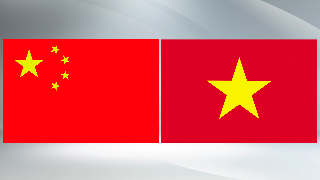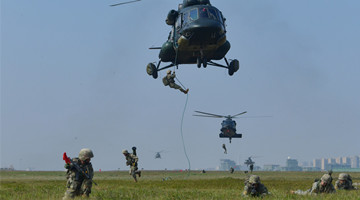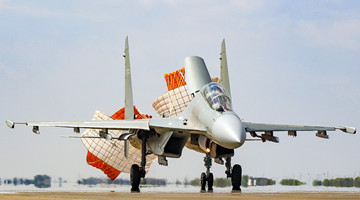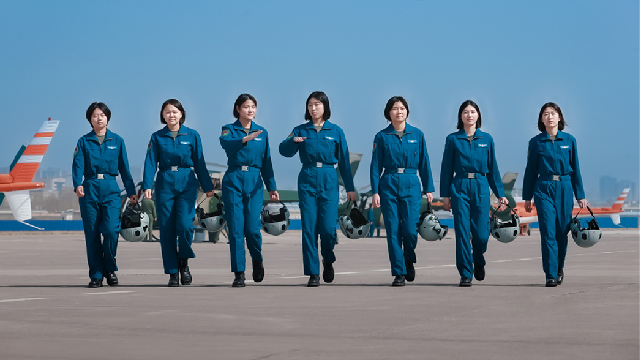By Wang Lili and Chen Yao
Chinese military experts and scholars actively expounded on the "China plan" for long-term peace and stability in the Asia-Pacific region at the 17th Shangri-La Dialogue held in Singapore.
Lt. Gen. He Lei, head of the Chinese delegation and vice president of the Academy of Military Science of the Chinese People's Liberation Army (PLA), said at the conference on June 2 that in recent years, the steady and rapid economic development of the Asia-Pacific region is accompanied by the existence of many unstable and uncertain factors in the security sector. The important task currently facing the Asia-Pacific region is to re-examine the concept of international security since the end of the Cold War, re-evaluate the regional security architecture, and focus on fundamentally resolving security issues, He Lei said.
He pointed out that China advocates a common, comprehensive, cooperative, and sustainable security concept, advocates new international relations based on cooperation and win-win, advocates partnership and non-alliance. China strives to build a safe, secure, shared, and win-win Asia Pacific.
He believed that many of the security issues in the Asia-Pacific region are rooted in the development and the solution is also development. China vigorously promotes common development and focuses on fundamentally solving security issues. The Belt and Road Initiative put forward by China not only provides opportunities for economic development in all countries, but also provides ideas and solutions to solve the security issues.
Lt. Gen. He Lei called on all countries in the Asia-Pacific to uphold the tradition of mutual respect, seeking common ground while reserving differences, and peaceful coexistence, and properly handle and resolve disputes through peaceful negotiations and consultations. The problems left over from history should not undermine regional development, cooperation and mutual trust between nations.
Sen. Col. Zhou Bo, director of the Security Cooperation Center of China’s Central Military Commission (CMC) International Military Cooperation Office, said that China understands that its own peaceful development is closely related to the future of the Asia Pacific. China advocates actively bilateral and multilateral security dialogues and cooperation, and promotes regional economic cooperation and security cooperation simultaneously.
China’s vision for the existing Asia-Pacific security architecture supplements the existing mechanism. The core is cooperation rather than opposition, said Zhou. A relatively stable relationship between China and the US will help stabilize the Asia-Pacific region. China advocates mutual respect and win-win cooperation between China and the US for the sake of bilateral relations and the security of the Asia Pacific region and the world as a whole, Zhou added.
Any regional security architecture should be open and inclusive because the Cold War mentality is already long gone. Compared to the traditional security field, the countries in the region have more consensuses on non-traditional security solutions and have more practice, Zhou said. Zhou hopes that more ASEAN countries and countries outside the region can strengthen cooperation to jointly cope with various non-traditional security challenges in the region.
Sen. Col. Zhao Xiaozhuo, director of the Xiangshan Forum Secretariat, said that the major powers all attach great importance to the Indian Ocean because of its important strategic position. It should be noted that the common interests between the major powers in the Indian Ocean far outweigh the differences, and therefore cooperation is the only strategic choice.
Zhao pointed out that most of the countries around the Indian Ocean are developing countries and they lack adequate public resources. In the Belt and Road Initiative put forward by China, the Indian Ocean is an important area for the "21st Century Maritime Silk Road". China hopes to strengthen the interconnection and exchange with countries along the traditional land and sea silk roads to achieve trade complementarity, win-win economic prosperity and mutual understanding among the peoples.
The 17th Shangri-La Dialogue (Asian Security Forum) was held from June 1 to 3 in Singapore. 600 defense officials and experts and scholars from 40 countries attended the forum.
The authors are Wang Lili and Chen Yao. The article is published on the PLA Daily on June 4 and translated from Chinese into English by the China Military online.









